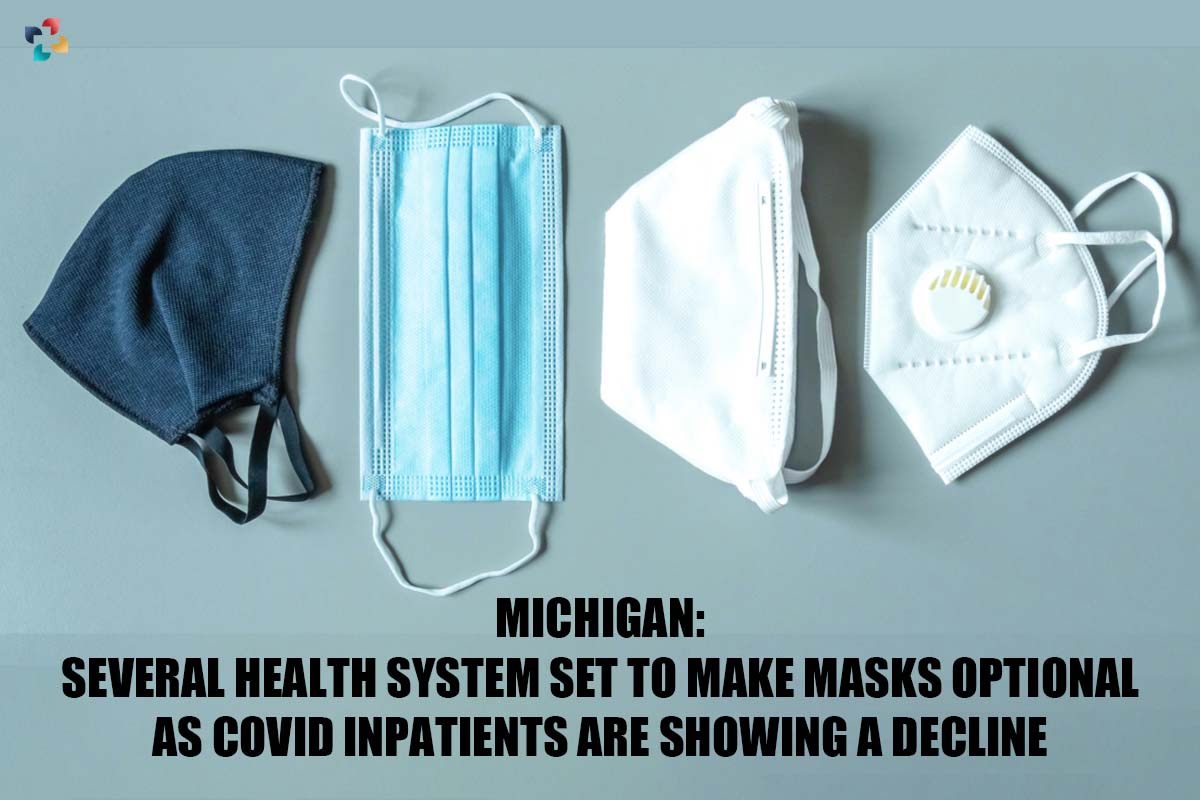In recent weeks, more health systems across the United States have been making masks optional for visitors and staff as the number of COVID-19 inpatients continues to decline. This move is a reflection of the improved vaccination rates and the declining number of cases across the country.
According to the Centers for Disease Control and Prevention (CDC), the seven-day average of new COVID-19 cases in the United States has fallen to less than 60,000 cases per day. This is a significant improvement from the peak of the pandemic in January when there were over 250,000 new cases per day.
With the decline in COVID-19 cases, more health systems have relaxed their mask-wearing policies. For example, in Texas, the Methodist Health System recently announced that it would no longer require masks for fully vaccinated individuals. The system has also lifted other restrictions such as limiting visitors and allowing patients to have more than one visitor at a time.
More health systems are making masks optional as COVID inpatients decline
Similarly, the University of Virginia Health System has also made masks optional for fully vaccinated individuals. The health system has cited the improved vaccination rates and the low number of COVID-19 cases in the area as the reason for the policy change.
While some health systems have made masks optional, others have taken a more cautious approach. For example, the Mayo Clinic, which has hospitals in several states, has continued to require masks for all visitors and staff regardless of vaccination status. The Mayo Clinic has cited the risk of new variants and the potential for breakthrough infections as the reasons for its continued mask mandate.
Despite the relaxed mask policies, health systems are still encouraging individuals to get vaccinated to prevent the spread of COVID-19. The CDC has also continued to recommend that individuals wear masks in certain situations, such as on public transportation and in healthcare settings.
The move to make masks optional has been welcomed by some individuals who see it as a sign of returning to normalcy. However, others have expressed concern that it may be premature to relax mask policies given the uncertainty surrounding new variants and the potential for breakthrough infections.
Dr. Anthony Fauci, the nation’s top infectious disease expert, has cautioned against being too hasty in relaxing COVID-19 restrictions. In a recent interview with CNN, Dr. Fauci stated that “we’ve been through this before, when we try to open up and pull back prematurely, we invariably get hit with a surge.”
Overall, the decision to make masks optional is a balancing act between the desire to return to normalcy and the need to maintain caution in the face of a still-evolving pandemic. As vaccination rates continue to increase and COVID-19 cases continue to decline, it is likely that more health systems will make masks optional. However, it is important to remember that the pandemic is not over, and precautions such as vaccination and mask-wearing are still necessary to prevent a resurgence of COVID-19 cases.







